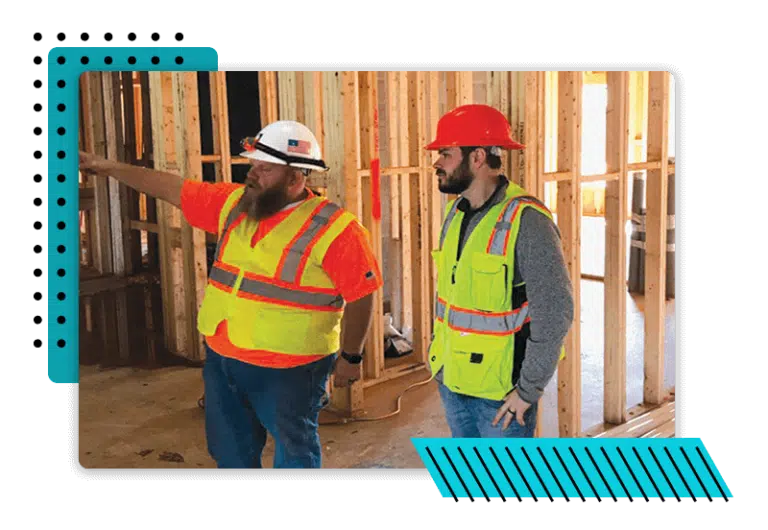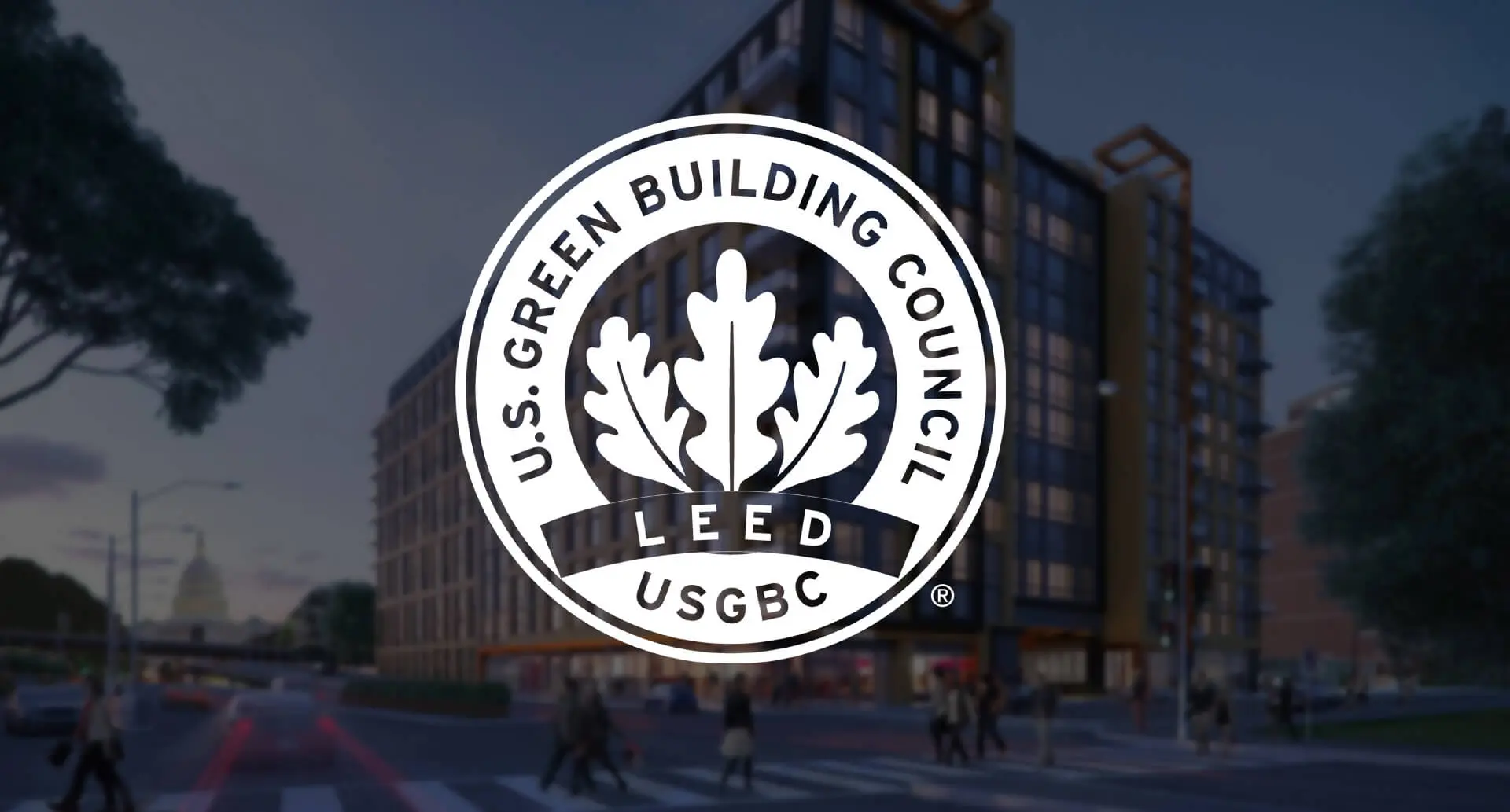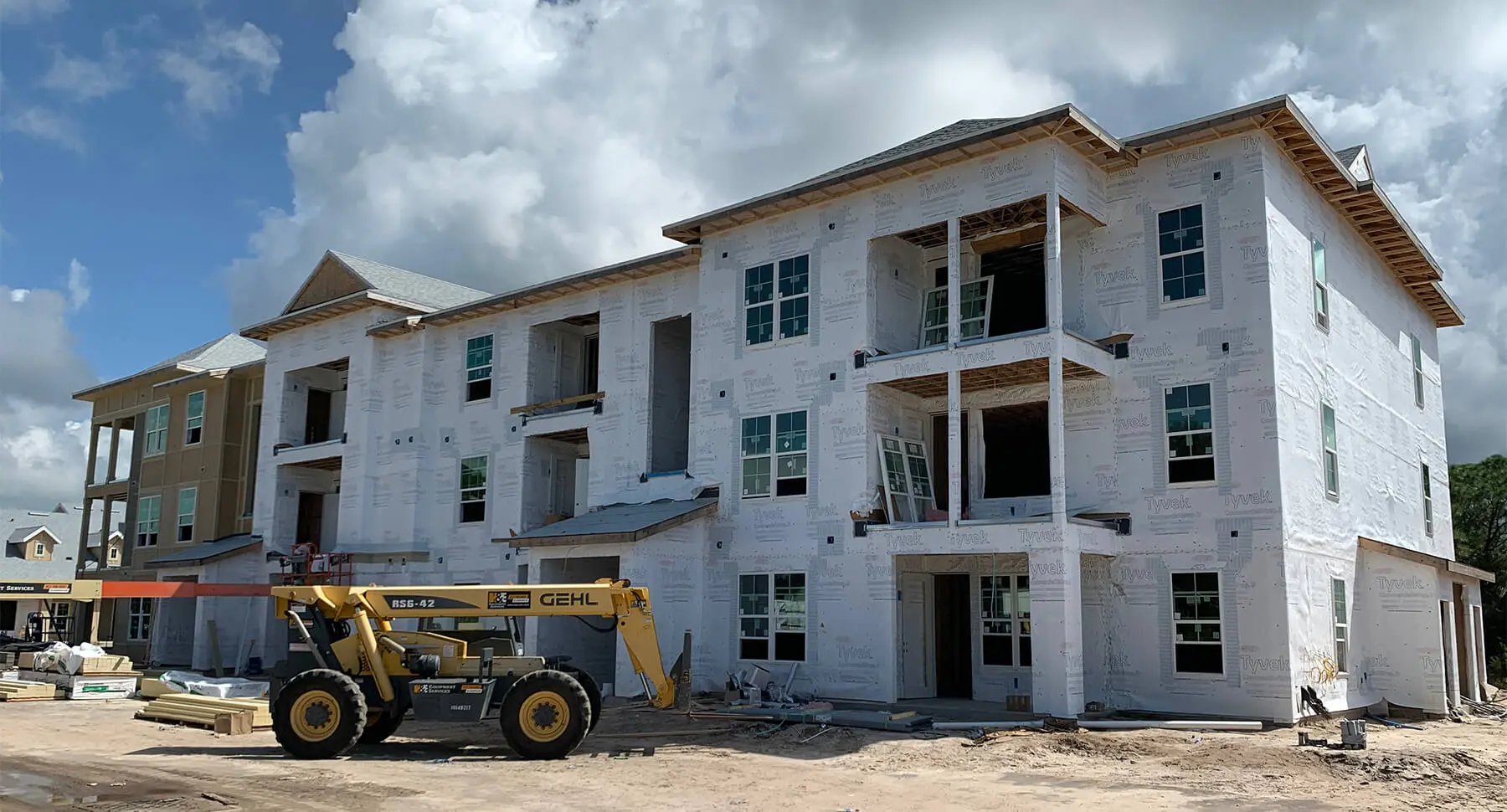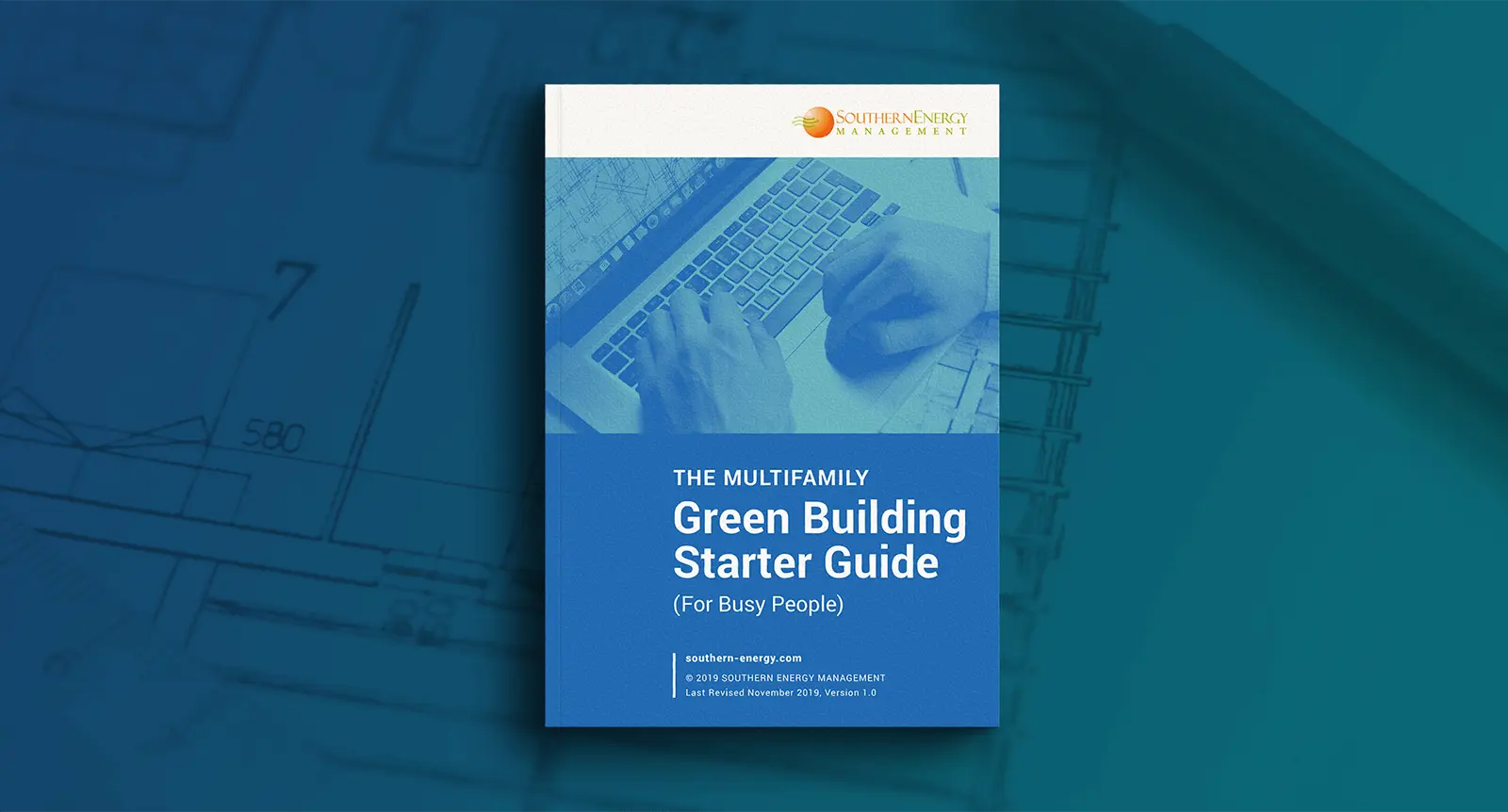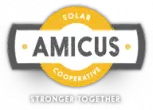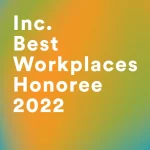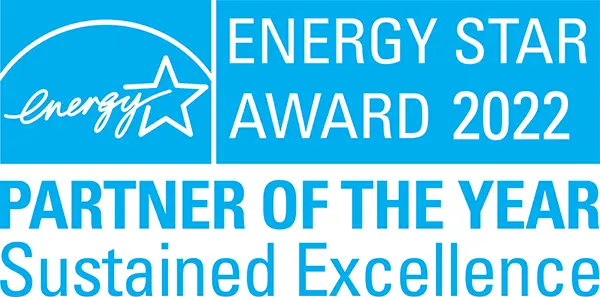High-Performance Building Programs
Southern Energy Management provides consultations, inspections, testing, and 3rd party verification for a suite of multifamily & commercial green building certification programs. This includes but is not limited to: HERS Ratings, ENERGY STAR, NGBS, LEED, Green Globes, EarthCraft, Passive House, Enterprise Green Communities, and Fitwel.
If these out of the box programs don’t work for your development, we have the capability to create a unique program for your development or portfolio. Let us know what your goals and constraints are, so we can point you in the right direction!
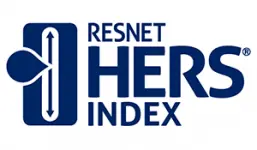
HERS Ratings
The HERS or Home Energy Rating System is the nationally recognized system for inspecting, testing and calculating a home’s energy performance. Certified RESNET Home Energy Raters conduct inspections to verify a home’s energy efficiency and recommend improvements that can be made to increase it. A home built to code standard ranks in at 100. The lower a home ranks, the more energy efficient it is!
- New Construction and Renovation
- Residential (low, mid, & high rise buildings)
- Performance Based Envelope Inspections & Testing
- Requires a HERS Rater & RESNET Provider
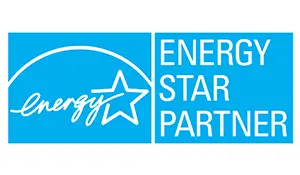
ENERGY STAR
ENERGY STAR certification reduces energy bills and improves comfort, all while reducing greenhouse gas emissions. ENERGY STAR certified new homes are built so all energy efficiency systems and features lead to optimal home performance. Value-adding energy efficiency features and a combination of materials and equipment deliver better performance and an overall superior level of quality.
- Residential and Commercial
- New Construction and Renovation
- Requires a Third-Party Verifier
- Energy Consumption Focus
- Potential LIHTC Requirement/Option
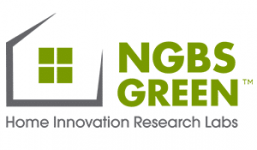
NGBS
The National Green Building Standard, developed by Home Innovation Research Labs, is a six part certification program designed to ensure healthier homes with healthier occupants. NGBS focuses on improving site design, resource efficiency, water efficiency, energy efficiency, indoor environmental air quality, and building operation and maintenance. This ensures homes are third-party verified to be healthier, cost less to operate, and promote a sustainable lifestyle.
- Residential and Mixed-use
- New Construction and Renovation
- Tiered Certification Levels: Bronze, Silver, Gold, Emerald
- Requires an NGBS Green Verifier
- Wholistic green building approach
- Potential LIHTC Requirement/Option
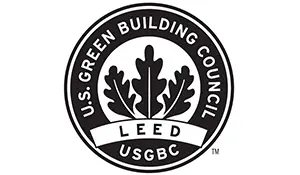
LEED
Leadership in Energy and Environmental Design (LEED) is changing the way we think about how buildings & communities are planned, constructed, maintained and operated. LEED is the most widely used third-party verification for green buildings, with around 2.2 million square feet being certified daily.
- Residential and Commercial
- New Construction and Renovation
- ASHRAE Compliance Energy Modeling
- LEED AP/Green Rater required based on building type
- Tiered Certification Levels: Certified, Silver, Gold, Platinum
- Wholistic green building approach
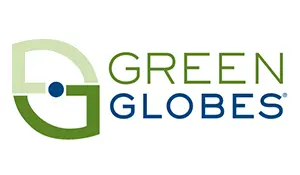
Green Globes
Green Globes provides an online assessment protocol, rating system, and guidance for green building design, operation and management. It is interactive, flexible, and affordable, and provides market recognition of a building’s environmental attributes through third-party verification.
- Residential and Commercial
- New Construction, Renovation, and Interiors
- Recommends a Green Globe Professional
- Wholistic green building approach
- Potential LIHTC Requirement/Option
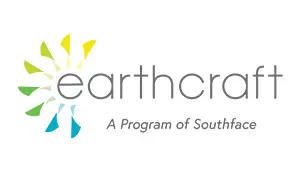
EarthCraft
The first multifamily specific green building program in the nation. EarthCraft provides certifications for many multifamily projects. From low-rise to mid-rise, EarthCraft can help. They do construction, renovation, and always considerable the most sustainable options. Among these are environmental performance, indoor air quality, building durability, comfort and affordability.
- Residential and Commercial
- New Construction and Renovation
- Requires an EarthCraft Technical Advisor
- Tiered Certification Levels: Certified, Gold, Platinum
- Wholistic green building approach
- Potential LIHTC Requirement/Option
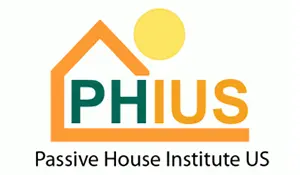
Passive House (PHIUS)
Passive House is a rigorous standard for energy efficiency in a building, results in ultra-low energy buildings that require very little energy for space heating or cooling.
- Residential
- Passive Design Focused & Solar Ready
- Energy Modeling
- Requires a Certified Passive House Consultant
- Heavy focus on energy use
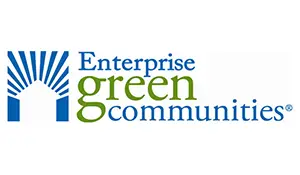
Enterprise Green Communities Technical Assistance Provider
Enterprise Green Communities is the nation’s only national green building program designed explicitly for green affordable housing construction. Enterprise Green Communities certified projects also earn WELL Certification.
- Residential: Affordable Housing
- New Construction and Rehabilitation
- Requires a Technical Assistance Provider
- Potential LIHTC Requirement/Option
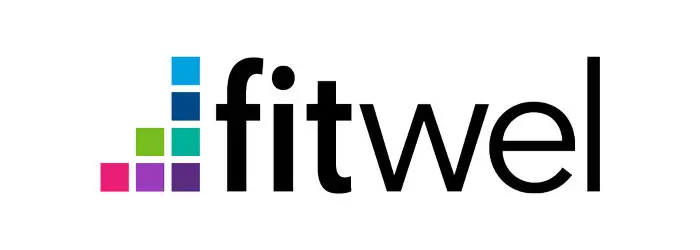
Fitwel
Fitwel Certification offers a streamlined process and an efficient, user-friendly digital platform to join the healthy building movement. Whether a single project, a portfolio of buildings, or an entire neighborhood, Fitwel certification shows that you prioritize wellness within the design, development, and operations of buildings and communities.
- Residential & Commercial
- New Construction & Existing Buildings
- Health & Wellness focused
- Tiered Certification Levels: 1 star, 2 stars, 3 stars
- Recommends a Fitwel Ambassador
How It Works
How do you get a green building certification? The process to get a green building certification can vary depending on which green building program you select. Here’s a general overview:
- Select a program: We begin with evaluating your goals and constraints to choose the right certification program for your project.
- Testing & verification: Once a program is selected, we work with your project teams to implement program requirements. We’ll perform on-site inspections and testing as needed throughout the build process to verify that all requirements are met.
- Submit paperwork: After that, we handle all the verification paperwork while you sit back and celebrate your certification!
Green Building Starter Guide
Frequently Asked Questions
Green home certification provides third-party, independent verification that a home is built to high-performance standards. This certifies a home has been built to meet a set of criteria usually involving efficiency, materials selection, and occupant health.
Green certified homes typically offer lower operating cost from energy and water efficient features, enhanced occupant health from better indoor air quality and low impact materials, and a more sustainable lifestyle based on the design of the homes and community.
There are many national and local green building programs available in the US. Some of the most well known green building programs include LEED, NGBS, Energy Star. Other green building programs like Green Globes, EarthCraft, Passive House, Enterprise Green Communities, and Fitwel are also gaining popularity.
Programs vary based on scope of priorities, building requirements, certification process, and fees. Our team can help you achieve certifications for any green building program as well as assist in designing a program of your own.
Green building requirements vary by certification program and building type. A few examples of common multifamily green building requirements include:
- Increased levels of insulation
- Higher efficiency mechanical equipment
- LED lighting
- Improved indoor air quality strategy
- Elements of sustainable site design
According to Freddie Mac Research, green homes sell for 2.7% more on average than homes without high energy efficiency ratings. The Institute for Market Transformation & The Appraisal Institute have also shown that green buildings can increase revenue through rental premiums, have lower operating costs, have more risk-mitigating features, and increased appraisal value.
Green buildings don’t usually look any different from the outside. It’s really what’s on the inside that matters! (Think insulation, framing, appliances, and the likes.) A few examples of green buildings we’ve certified include: Novel River Oaks, Link Innovation Quarter, Novel South Capitol, Blue Heron Lakes, Archer at Brookhill, US Embassy Housing – Haiti
Check out our case study on Sojourn Glenwood Place to learn more!
More Resources
Certification Comparison Tool
Ready to Get Started?
Schedule a meeting with our green building specialists to review your project goals and challenges.
About Us
North Carolina’s solar power and building performance expert. Founded in 2001, we’ve worked for 20+ years to improve the way people make and use energy.
© 2023 Southern Energy Management, Inc.

